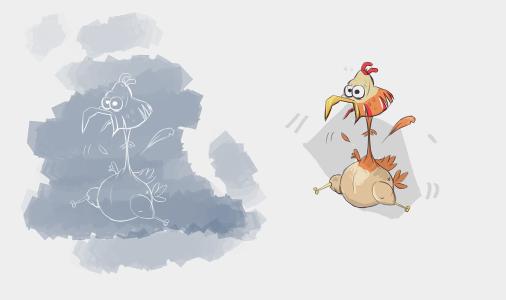分享一些常用英语成语谚语
某些英语谚语和汉语成语、俗语在表现形式和含义方面是一致的或基本一致的。汉译这些英语时,可惜用与其喻义相同或相近的成语或谚语及俗语直接对译。这样不但可以比较好地保持原文的神韵和形式,又使译文易于为读者或听者接受。下面分享一些常用英语成语谚语。

学会一些实用的英文成语谚语
eauty without virtue is a rose without fragrance.无德之美犹如没有香味的玫瑰,徒有其表
More hasty,less speed.欲速则不达。
Its never too old to learn.活到老,学到老。
All that glitters is not gold.闪光的未必都是金子。
A journey of a thousand miles begins with a single step.千里之行始于足下。
Look before you leap.三思而后行
Rome was not built in a day.伟业非一日之功。
Great minds think alike.英雄所见略同。
well begun,half done.好的开始等于成功的一半。
It is hard to please all.众口难调。
价值300元外教英语课程领取:http://www.acadsoc.com.cn/lps/lp4.htm?search=700053 (北美原版教材)
Out of sight,out of mind.眼不见,心不念。
a lone wolf不喜欢与人来往的人, 喜欢独居的人; 独自作案的罪犯
Don’t trust a goat with the kitchen-garden,or a wolf with sheepfold.不能请羊管菜园,不能请狼管羊圈。
Who keeps company with wolves,will learn to howl.和狼在一起,就会学狼叫。
Man is a wolf to man.人对人是狼。(人心狠,人吃人)
A growing youth has a wolf in his belly.年轻人,在成长,吃起饭来像饿狼。
A wolf in sheep's clothing匹着羊皮的狼。
The wolf may lose his teeth,but never his nature.(狼的牙齿会掉,本性却改不了。)
有两则关于同一条英语谚语Blood is thicker than water的译例。其一是“清水不浓血却浓”,
其二是“血浓于水”。从字面上看,上述两则译例译得固然不错,似无可厚非。译文读起来很顺,又比较易懂,但读后似有不知所云之感。这是因为译文的形象没能准确地传达出这条谚语的喻义来。
Longman Dictionary of English Idioms上对这条谚语的解释是'The relationship between people of the same family is stronger than other relationships”因此,这则谚语似可以借用汉语中一句俗语“亲不亲一家人”来译更能表达出“属于同一血缘关系的一家人比别人更亲近一些”的寓意。
Pride comes before a fall.骄兵必败。
A miss is as good as a mile.差之毫厘,失之千里。
Two is company,but three is none.两个和尚抬水吃,三个和尚无水吃。
Walls have ears。隔墙有耳。
Enough is as good as a feast.知足常乐。
Two can play the game.孤掌难鸣。
New broom sweeps clean.新官上任三把火。
Speak of the devil,and he appears.说曹操,曹操到。
The grass is greener on the other side of the hill.这山望着那山高。
Putting the cart before the horse.本未倒置。
心照不宣have a tacit understanding; give tacit consent; tacit understanding
有些英语谚语虽然在语言习惯和文化背景方面和其相对的汉语谚语之间存在着某些差异,而且所比喻的事物并不一样,但他们的喻义却相互吻合,而且表达方式也很相似,汉译这些英语谚语时,常常需要“易其形式,存其精神”,即采用形象近似的汉语成语意译。这样可使译文既喻义明显,又含而不露,且可再现原文所具有的语言效果,容易达意。
下一篇> 什么是英语时态,有哪些认知理解






评论